Our 2017 Stanford Medicine X Emerging Leaders
Congratulations to our cohort of health care students and ePatients who will be joining us in September for Medicine X. Over the next eight weeks these pairs composed of one ePatient and one health care student each will share their lives with one another — triumphs and failures, appointments and side effects, personal and work lives — in order to learn more about what it’s like on the other side.
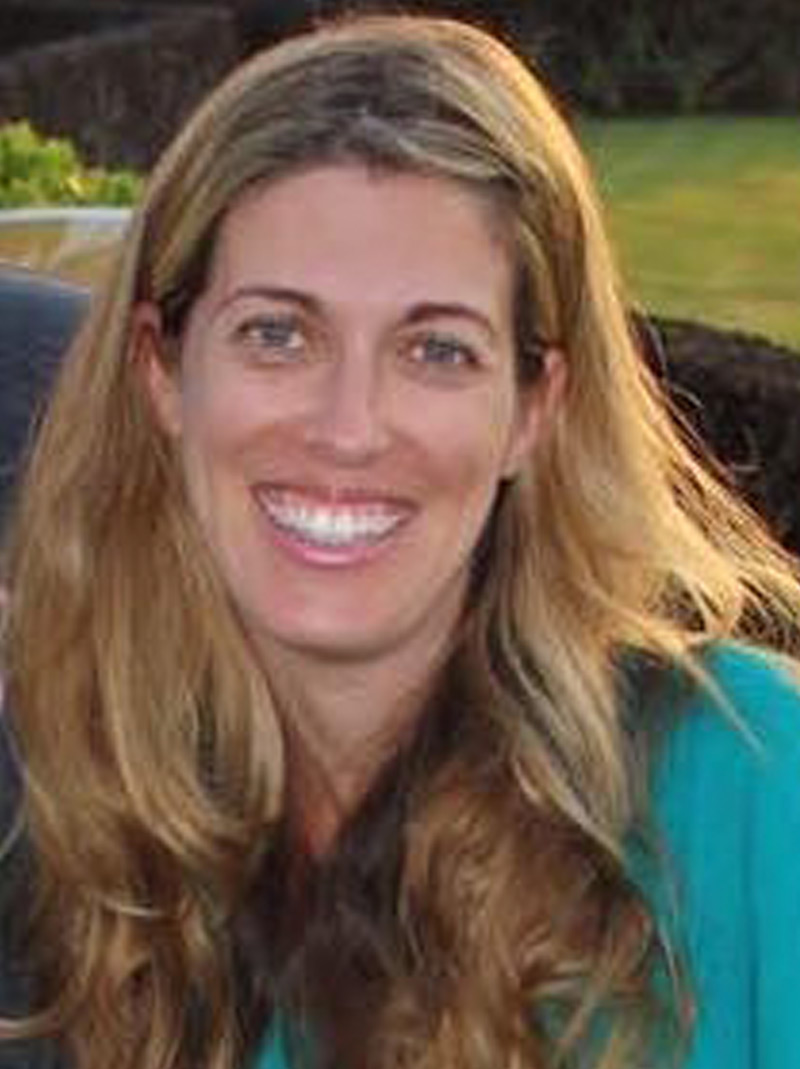
At 24, I was diagnosed with a neuromuscular disease and had major surgery, where I was placed in the Intermediate ICU for recovery. After becoming a mom, and trying to maintain “normalcy” with my chronic health conditions, I began to look for information to support mothers struggling with balancing their pressing health needs, amidst the demands of raising young children. My vision of healthcare is to increase the involvement of patient during the diagnostic, treatment, and recovery processes. Engaging patients and caretakers during discussions for all three phases adds value to the well-being of the patient in many ways, including improving quality of care. One of the biggest barriers between patients and providers is trust. In my experience, providers have lacked the desire to understand how much I know about my medical condition, therefore brushing aside my opinions. I believe trying to work on empathy training with the provider, in order for the provider to better understand the patient perspective, is key to leveling out the relationship between the patient and provider.

I became homebound at 21 years old. Even a series of specialist medical workups failed to identify what was wrong or what might help me. After the doctors struck out, I tackled my problem like a scientist. I spent the next 11 years confined to a hospital bed in my living room. During that time, I partnered with world experts, identified my rare autonomic-adrenal disorder, developed novel treatments to keep it at bay as best we could, developed new uses for five existing prescription drugs, and eventually developed the concept for the two innovative adrenal surgeries that helped restore my health.
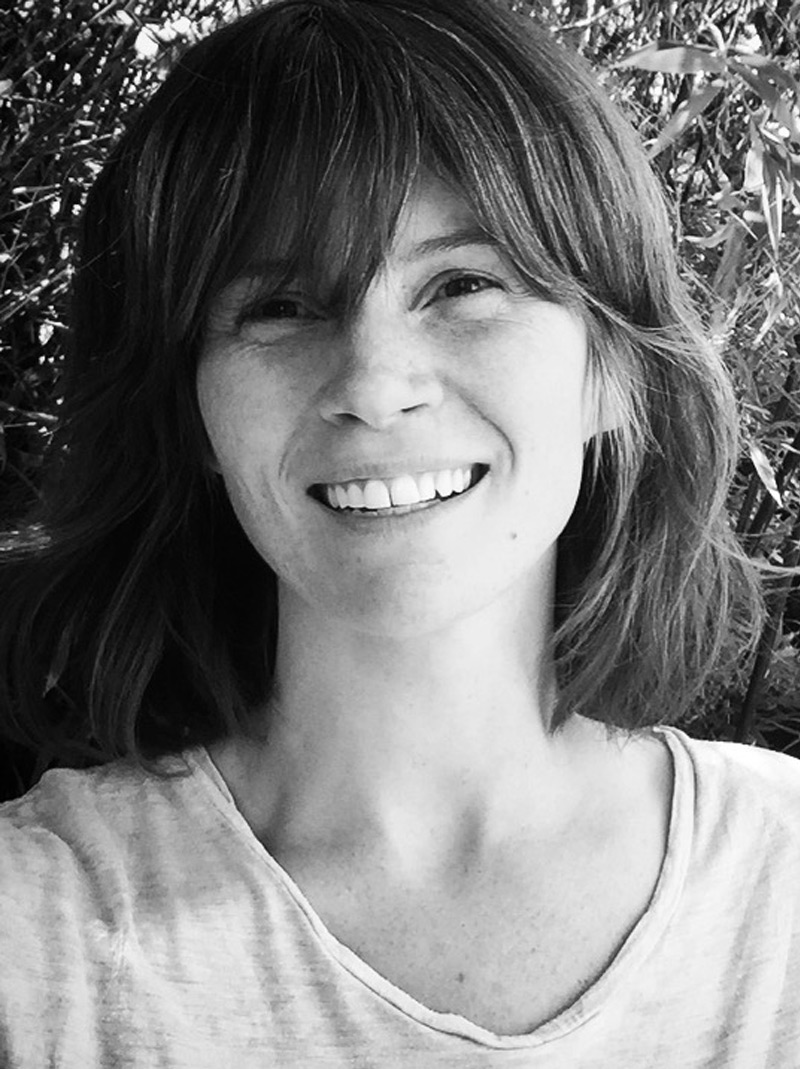
As a bereaved mother I come to Medicine X to explore solutions for how we support families after the death of a child. How can a participatory healthcare system cultivate a caring and supportive community around those in grief? The cultural status quo is that ‘babies don’t die’. Because babies don’t die, grief should be invisible and dissipate quickly. The Madness of Grief comes from silence and isolation. I envision a cultural shift in the way the bereaved are supported. Participatory health care has to be an integral and supportive part of the change.
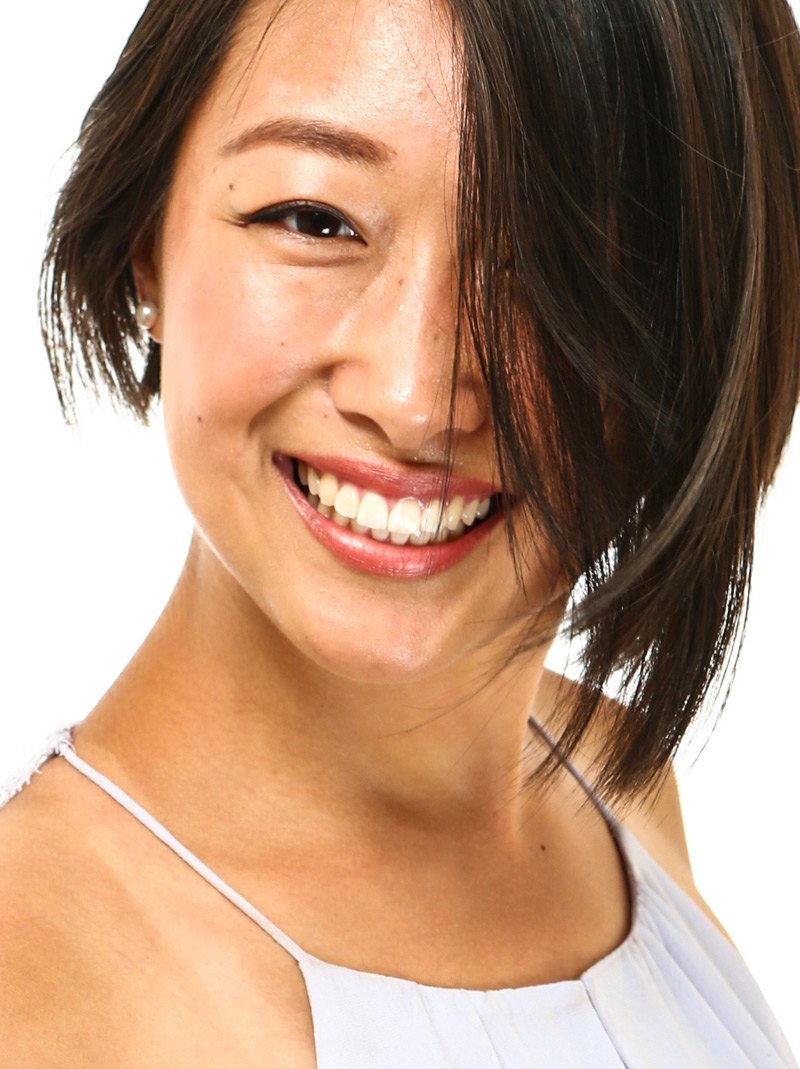
I strive to use my energy and passion to be a voice for vulnerable populations and future doctors. I believe medical students are in a special position to make a difference in healthcare. One key barrier that I believe inhibits the opportunity to build trusting relationships between patients and healthcare providers is the incentivization and infrastructure of the healthcare system. The doctors and politicians of today look to us idealistic hopeful future doctors to solve the problems of our current healthcare system. Not yet normalized to the frameworks of thinking of practicing physicians, we are poised to come up with some of the most creative solutions!
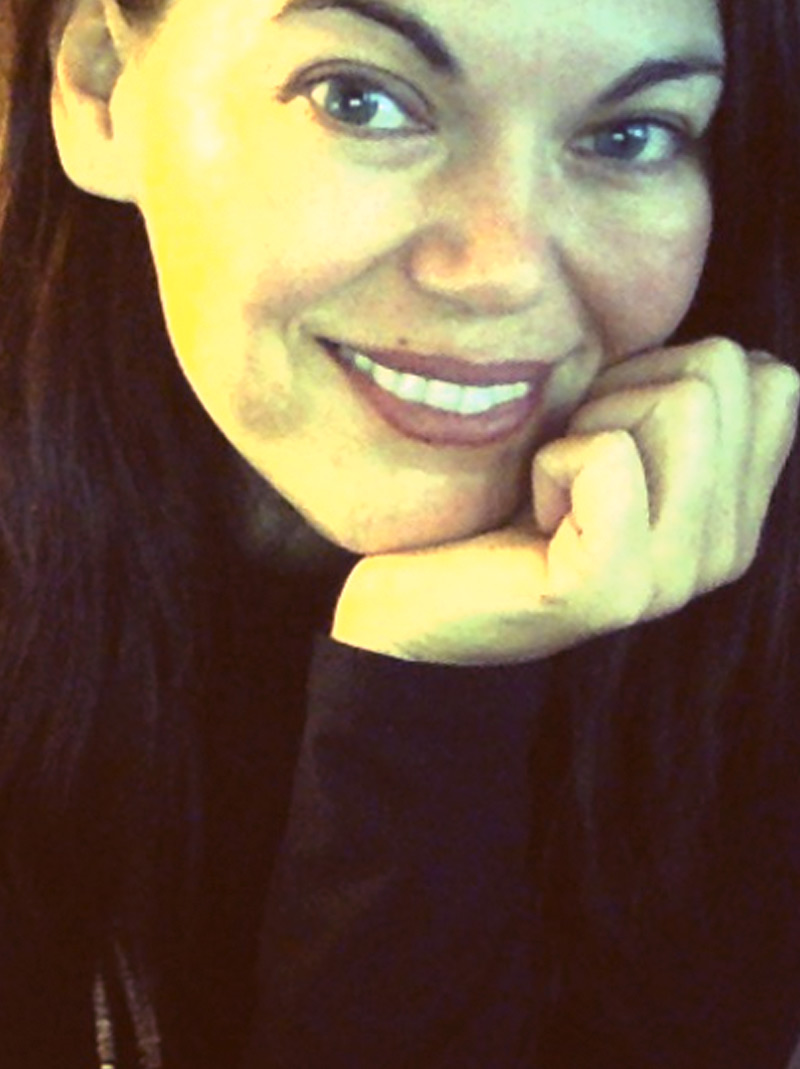
I recently designed and completed a 1-year Albert Schweitzer Fellow project using an art-based, behavioral intervention to support diabetes knowledge and exercise participation among Latinas 45+ with diabetes in Northeast Los Angeles. I believe that the lack of diversity in the nursing field is particularly damaging to a California population that is 40% Hispanic/Latino. Latinos/as represent only 12% of the nursing workforce and Latino/a doctoral researchers represent approximately .5% of the 1% of nurses who pursue doctoral education. As a Latina pursuing an advanced scientific degree, I am familiar with the unique challenges we face, including being 1st generation college students and managing competing family duties. As a Latina nurse, I have often been pulled into a room by a Latino patient who has noticed the lack of licensed, Latino health professionals on the floor and wants me to explain their issues to them in Spanish or just be near them to provide a comforting, “familiar” face. Often I hear details or address concerns that were never verbalized to the other staff members by these patients. While important, it is not enough to provide cultural education to nursing students and expect that they will be accepted and trusted by the diverse populations they serve. We must find a way to move beyond basic cultural diversity literacy supported by the post-modern approach and move into a space that supports individual encouragement and empowerment (for both the patient and provider).

I am currently a candidate of Lipscomb`s University Masters in Healthcare Informatics. Thus far, I have learned a lot about the application of technology to healthcare, but I’m certainly motivated to learn more about the experience from a patient’s point of view. I want to be able to extrapolate new ideas and innovative approaches to solving the needs and problems that patients are encountering within their care process, which is why I value the opportunity to engage with patients. My vision is to create advanced analytics systems which improve the quality of care individuals receive. In the long-term care industry, I see many opportunities to make my vision a reality. And to effectively do this, I understand that data must be attained and analyzed to assess the best approach to reach optimal levels of quality. I always preach personalization, and using technology, I plan to improve the personalization of care through data driven models, and client relation platforms.
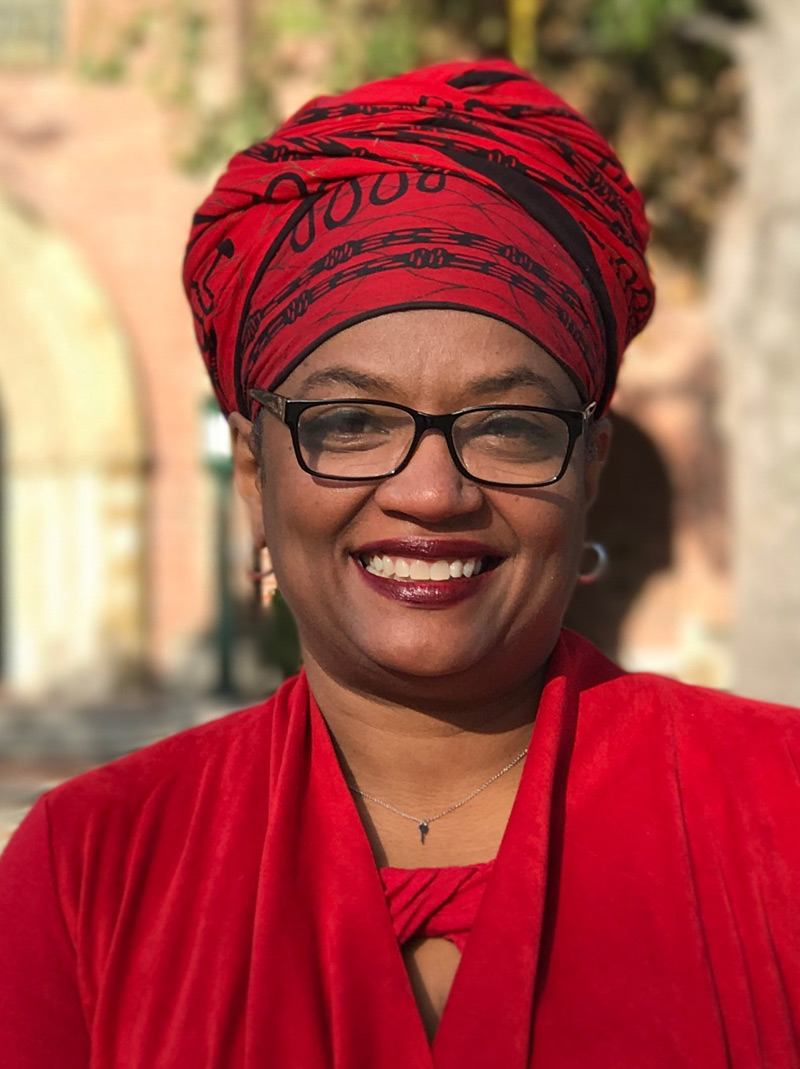
My vision of healthcare is one in which all people regardless of race economic status, gender, or medical condition is able to receive their comprehensive and compassionate care from their healthcare providers. My vision does not include health disparities or premature deaths due to lack of access to care. I am very intrigued with the idea of establishing empathy as a two-way street between the patient and the clinicians. There is always a focus on how caregivers view and subsequently treat patients to put their needs first, as it should be. But I think it’s an interesting concept that empathy can be generated from the patient to the clinicians as well. This mutual understanding could deepen the bond between them as they regard each other with mutual respect for their individual complexities. (USC doctoral candidate in occupational therapy)

I work with editors and patients to build a path for patient review at the BMJ where I am a research fellow and I am part of the Patient Panel. I am working with guideline developers to change guidelines to be dynamic and include patient-reported outcomes and shared decision-making. I inspired med students from low-resource countries to publish, apply for places, write grants for social care, shared decision-making and user-centered health. Recovering from a brain injury and acquired learning disability is not easy but brain injured persons are not stupid–they are impaired and in many cases strategies and solutions where patients join with technology can change lives and rebuild identity and function. I am a patient, student, reasearcher and clinician so am interested in resolving barriers for all perspectives.
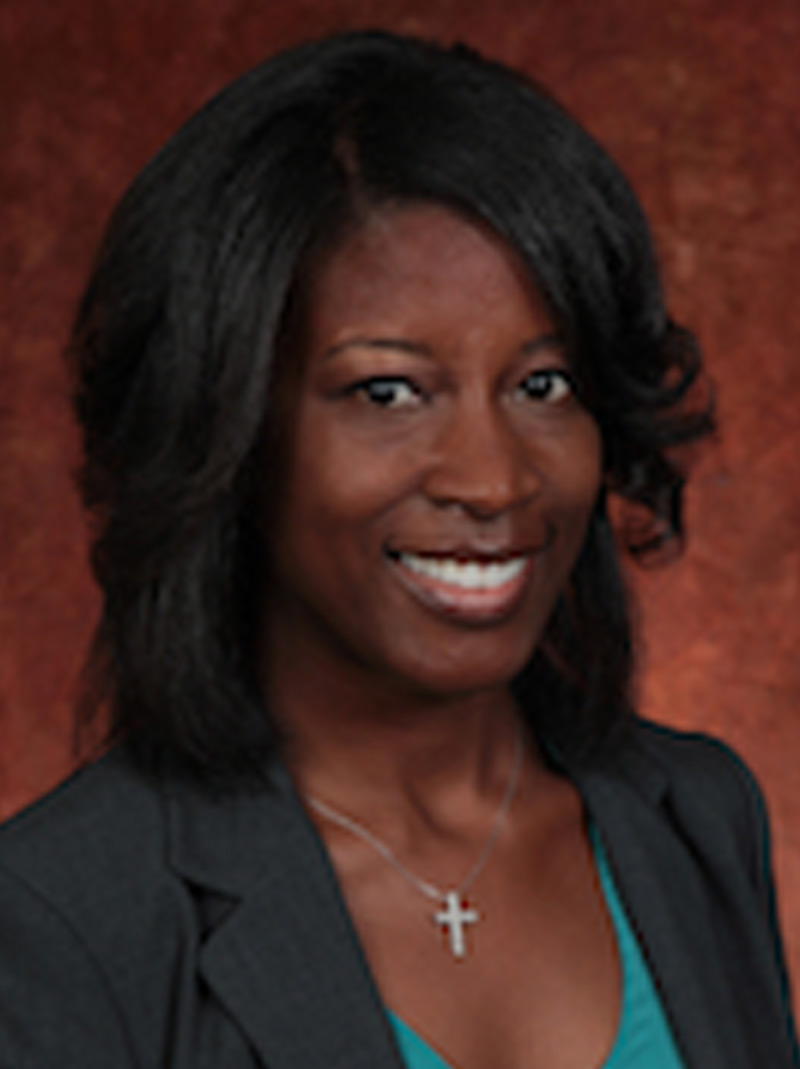
As a student at the Florida State University College of Medicine, I have been taught from day one that as a physician, I am to become a partner with all of my patients. My aim as a physician is not to tell my patients what to do. My aim is to teach my patients about their disease, to work with them as they make decisions to promote their health and wellness. My vision for healthcare allows everyone access to it and regulates drug and insurance companies. People, should not do not have to decide whether to have a roof over their head or their prescription drugs. People should not have to be so fearful the huge bill they will receive when they seek help from medical professionals – this causes people to delay seeking medical treatment only worsening their condition.

At the age of 22, I have done many things in my short life. I am a college grad with a B.S. in Chemistry, I am a future pharmacology graduate student, and I have had Parkinson’s disease for the past 8 years.
I was 14 when the disease hit me and the following year I discovered my passion for chemistry. As my physical health declined and I spent more and more time in the hospital, my interest in science and desire to take my health into my own hands grew. I take pride in coming up with solutions to my complex health care needs by bringing the latest scientific research with me to my appointments, as well as sharing that knowledge with the PD community in layman’s terms so we can all be educated patients. I do so via social media and my youtube channel.
I have always said that my Parkinson’s is an over-achiever. It has continued to break the rules, progressing faster than anyone expected and I have developed the rare and life threatening complication of gastroparesis and digestive tract paralysis. I have a feeding tube for medication and a central line for TPN, which is intravenous nutrition. Frustrated with the lack of medical options for me, I keep finding new ways to challenge the status quo by bringing in some innovation and science to secure my quality of life and the future ahead of me following my passion for medical research and the patient community.

I hope to learn how I, as a pharmacist, can make the biggest difference in my outreach and advocacy roles. I want to be able to introduce patients and caregivers alike to new technologies that can help solidify our relationships with those patients and those patients’ understanding of their conditions and treatments. Healthcare as a field not only needs to embrace emerging technologies but also needs to be innovators of those technologies. I believe this is where we will see the greatest change and improvement.

I consider myself as a patient, advocate, journalist, and social science researcher.I want to learn from people with different experience, like health professionals and entrepreneurs. By attending Medicine X, I want to learn how patients can partner with professionals to improve their own quality of life and to advocate for their social rights, like social security protections, accommodations in the workplace, and how to use technology to improve conditions as well as productivity. I live with muscular dystrophy and the biggest problems are mobility and respiration. I don’t enjoy being limited by the Chinese stigma that disabled people should stay at home. So I raised funds, studied abroad and traveled to 4 continents, over 20 countries. I blog about my travel and become the first disabled Chinese traveller recognized by LP. I write on tourism, and more importantly, on a healthy and positive lifestyle. I travel to advocate for accessibility and better care.